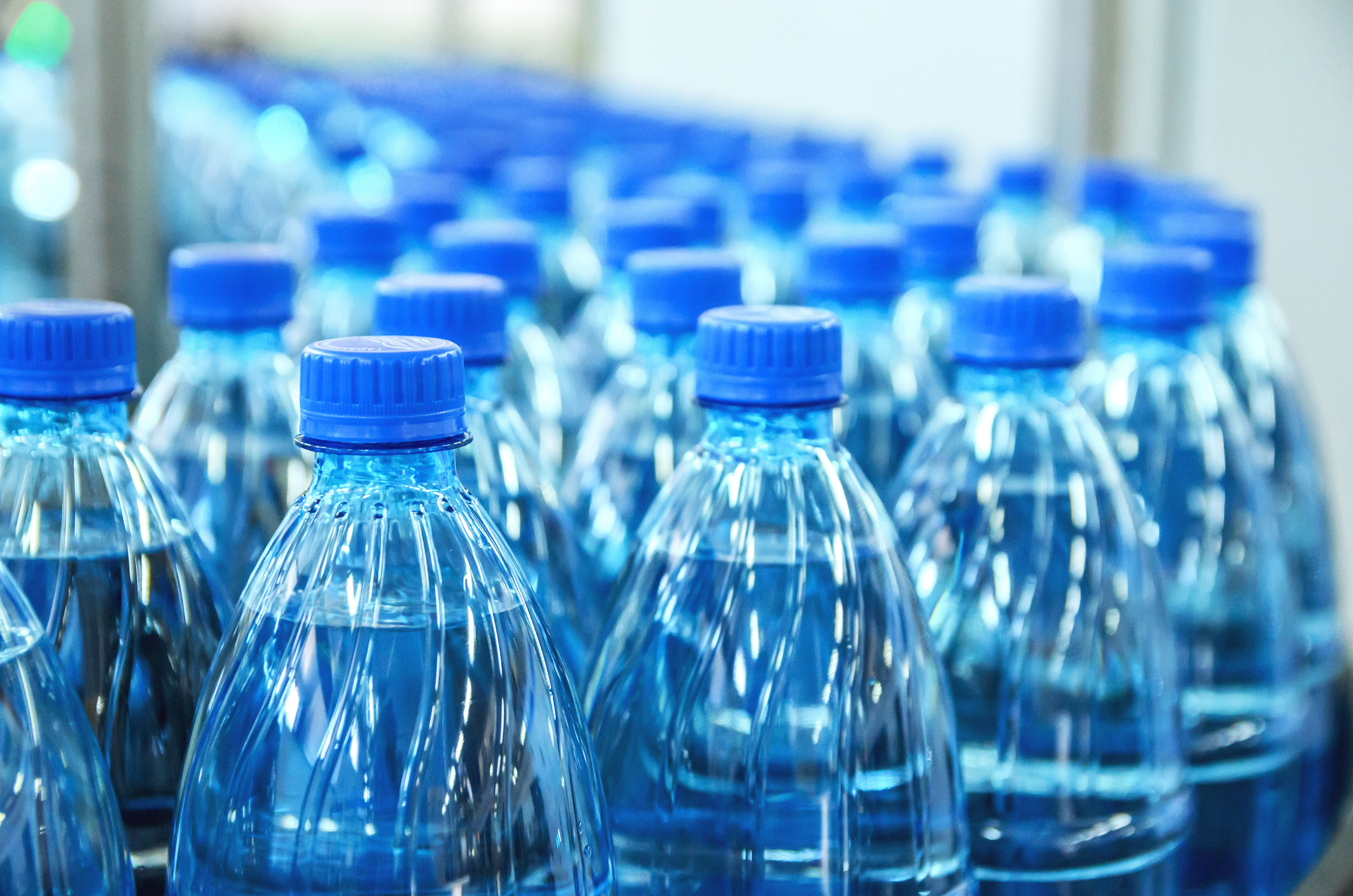Freshly prepared lab water or commercially bottled pure water? Part 4
9 fév 2020

Pure and ultrapure water is often taken for granted and overlooked in the lab. However we know that there are two ways in which people obtain their water: bottled deionised (packaged) water or from an in-house water purification system. Do you know which type of lab water is the most suitable and best option for your lab?
On-Site Purified Water Production
On-site water purification systems are discussed extensively on the web. The technologies in on-site water purification systems remove the whole range of impurities present in tap water, other than dissolved oxygen and nitrogen. The operation of the system is monitored and, once the water has been shown to be suitable for the applications, on-going trend analysis of key operating parameters such as resistivity, TOC and TVC ensures correct performance is maintained.
With correct system design allowing recirculation of the purified water through the purification technologies to minimize contamination, the purity of the water will be consistent and regular monitoring will enable the true purity to be checked. Limitations arise mainly from poor or inappropriate design and avoidance of necessary maintenance.
Comparative Costs of Bottled Lab Water Vs In-House Water Purification*
| Application | Price per litre (USD) | ||
| Bottled Water | In-house (10 l/day)** | In-house (50 l/day)** | |
| General purpose | 1.5 -10 | 0.75 | 0.12 |
| HPLC | 20-30 | 1.4 | 0.25 |
| LC-MS | 40-80 | 1.4 | 0.25 |
| Nuclease free | 80-500 | 1.75 | 0.31 |
| Ultra trace metals analysis | 100-250 | 1.75 | 0.31 |
| PCR | 150-500 | 1.75 | 0.31 |
*Data is accurate as of 2015, sourced from the web and in catalogues from leading suppliers.
**The in-house water costs include capital and operational costs over the product life-time.
Typical inclusive costs per litre of in-house ultrapure water to meet and exceed bottled water specifications range from $1.40 per litre at low volumes down to less than 25 cents for volumes of 50 litres per day or more. These are equivalent to £1 (1.30 Euro) down to 15p (0.19 euro) per litre.
The Majority of Laboratory Purified Water Needs are Best Met by In-House Water Purification Systems
The great majority of laboratory purified water needs are best met by in-house water purification systems; however, packaged waters do have a place in laboratories, particularly where there is a need for a minimal amount of water for specific applications.
Where water is for more general use, for a range of analytical work or required in larger volumes, there is a case to be made to install an in-house purification system to produce water the suitability of which is directly relatable to on-going performance monitoring.
The cost of bottled water and the risks and cost of assuring suitability with every application and for every new batch or even every container of water received over the duration of its use in the laboratory are more than off-set .
In addition to the considerable cost savings over packaged waters for all but the lowest volume applications, the great advantage of in-house water systems is that the user has immediate access to pure water in which they can have complete confidence, as it is purified and monitored on an on-going basis.
Dr Paul Whitehead
After a BA in Chemistry at Oxford University, Paul focused his career on industrial applications of chemistry. He was awarded a PhD at Imperial College, London for developing a microwave-induced-plasma detector for gas chromatography. He spent the first half of his career managing the analytical support team at the Johnson Matthey Research/Technology Centre,specialising in the determination of precious metals and characterising applications such as car-exhaust catalysts and fuel cells. Subsequently, as Laboratory Manager in R&D for ELGA LabWater, he has been involved in introducing and developing the latest water purification technologies. He now acts as a consultant for ELGA.
Contact ELGA Labwater If You'd like To Discuss In-House Water Purification Systems For Your Lab
